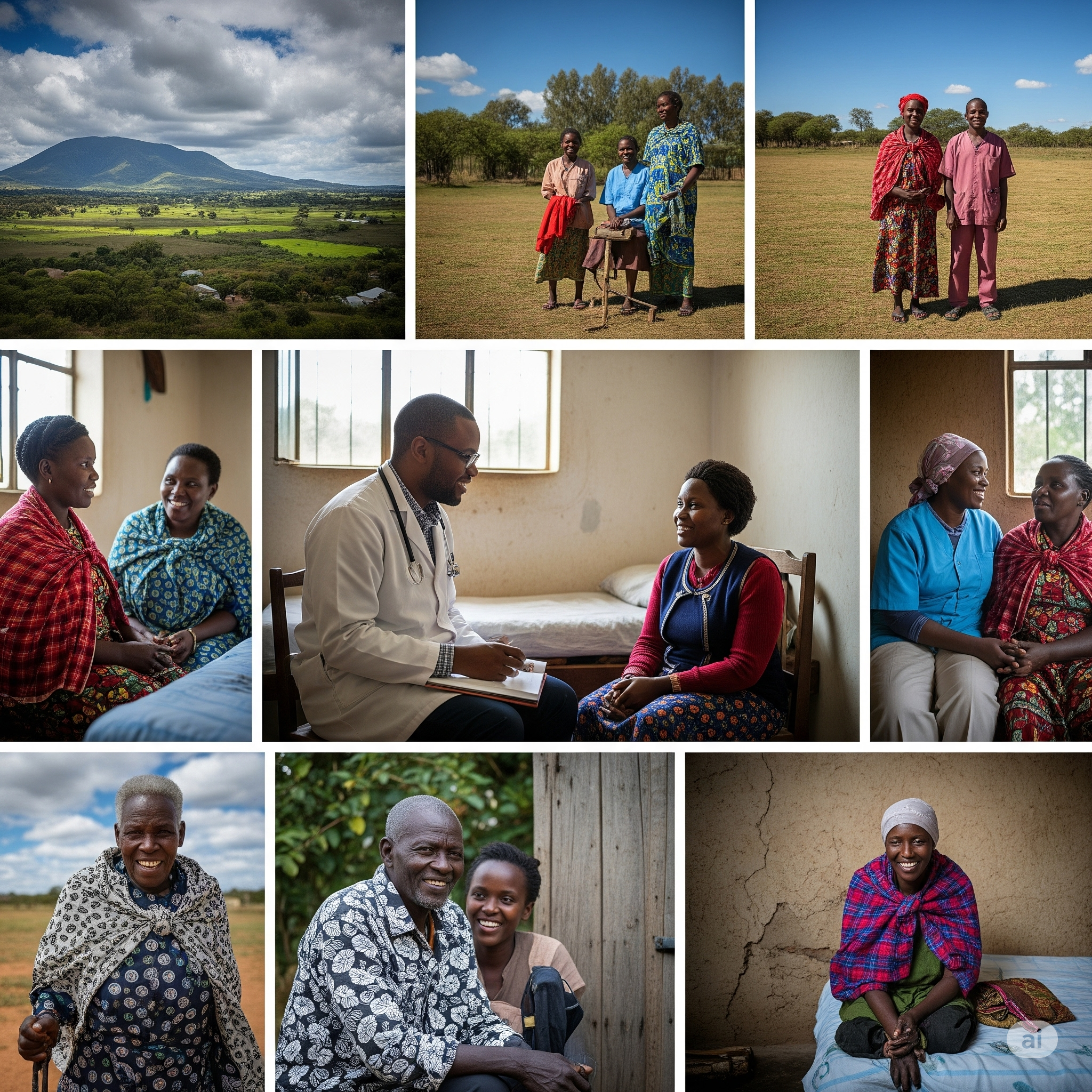Introduction
The 7th National Palliative Care Conference, cohosted by the Ministry of Health (MOH) and Kenya Hospices and Palliative Care Association (KEHPCA), is an important event that will bring together key stakeholders to advance dialogue, share best practices, and promote the integration of quality palliative care into Kenya’s health system. The conference, scheduled for 25th to 27th February 2026 in Mombasa, Kenya, offers a vital platform for advocacy and planning toward universal access to compassionate, comprehensive palliative care in Kenya.
Background
Palliative care remains a cornerstone of holistic healthcare, addressing the physical, emotional, social, and spiritual needs of persons facing life-threatening illnesses. In Kenya, approximately 800,000 people require palliative care annually. However, only about 14,552 individuals access these services (KHIS, 2021). The situation is even more dire for children, with less than 5% of pediatric patients receiving the palliative care they need (Kenya Palliative Care policy, 2021). Encouragingly, the number of facilities providing palliative care has grown to over 120, demonstrating a commitment to improving access and support for patients and their families. Despite this progress, significant gaps persist in awareness, accessibility, and integration of palliative care within the broader healthcare system.
The Ministry of Health (MOH) and Kenya Hospices and Palliative Care Association (KEHPCA) have played pivotal roles in advancing the integration of palliative care into Kenya’s healthcare system. MOH is the national authority responsible for setting and maintaining health policy and regulatory standards in Kenya and has prioritized the integration of palliative care into Kenya’s healthcare delivery system. KEHPCA is the national umbrella body for palliative care and has provided leadership in advocacy, capacity building, technical support, and stakeholder engagement. The advocacy undertaken by KEHPCA and key stakeholders in palliative care has resulted in huge milestones of recognition and scale-up of palliative care in Kenya. KEHPCA has been convening a biennial National Palliative Care Conference in collaboration with key stakeholders.


Purpose
The 7th National Palliative Care Conference 2026 aims to advance the integration of compassionate and comprehensive palliative care in Kenya’s Universal Health Coverage agenda. It provides a platform for stakeholders to assess progress, share best practices, and strengthen multisectoral collaboration in palliative care. The conference will foster dialogue on critical areas such as policy development, sustainable financing, and equitable service delivery while amplifying the voices of patients and caregivers. Ultimately, it seeks to accelerate equitable access to quality palliative care for all in Kenya, regardless of age, diagnosis, socioeconomic status, or geographic location.


